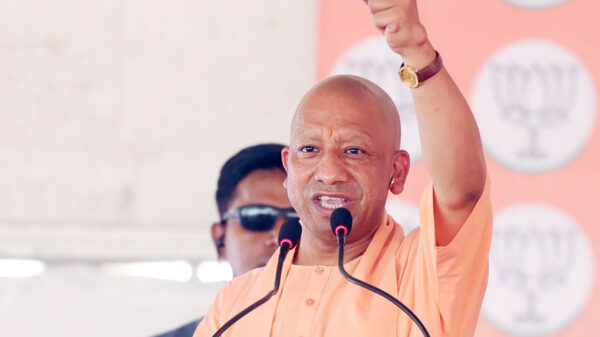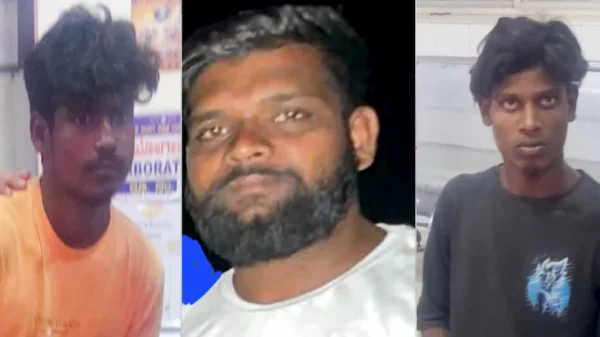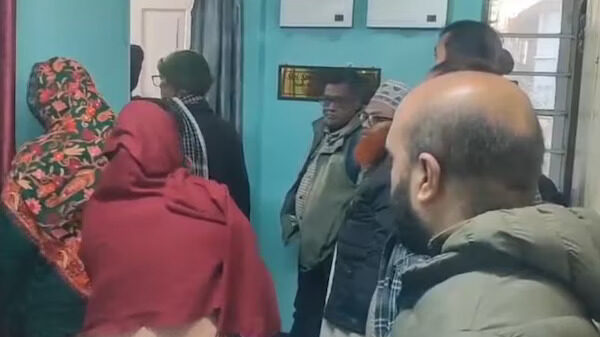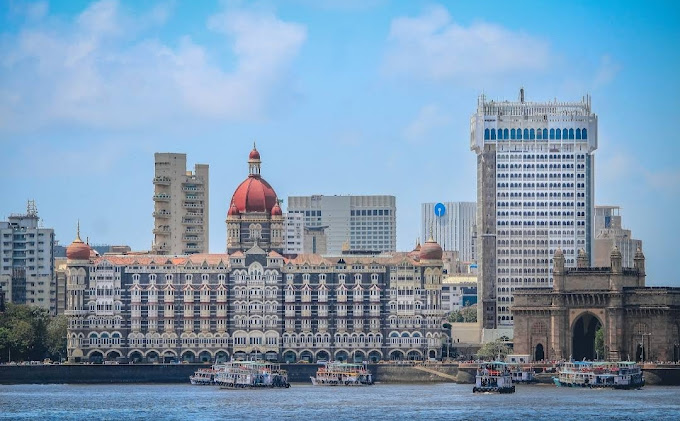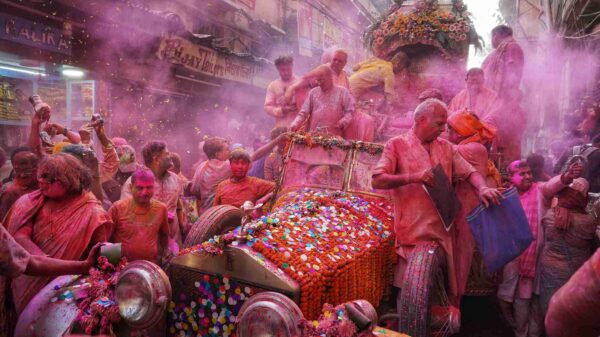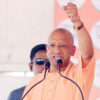Fahim Arshad Mohammad Yusuf Ansari has moved to the Bombay High Court demanding a Police Clearance Certificate (PCC) to work as a commercial rickshaw driver, being the only person acquitted in the 26/11 Mumbai attack.
Previously, the police had rejected his application, claiming that he has links to the terrorist group Lashkar-e-Taiba (LeT), something that Ansari has repeatedly denied.
Initially, the matter was brought before a Division bench of Justices Revati Mohite- Dere and Neela Gokhale, who eventually refrained from hearing the case.
The petition will be presented before a Division Bench headed by Justice Sarang Kotwal on March 18.
Ansari was convicted in connection with the 26/11 Mumbai attacks in December 2008, while he was already in custody for a different case in Lucknow, Uttar Pradesh.
In May 2010, Ansari was declared innocent of all the charges against him, by a special court, where he was primarily accused of assisting the masterminds of the 26/11 attacks by preparing maps of Mumbai. The Bombay High Court supported his acquittal in 2011.
Shortly after his release, Ansari got himself employed at Print Express Byculla, and continued to work there till the advent of the Covid-19 pandemic in March 2020. For a short time, he even worked as a food delivery executive to compensate for the economic difficulties caused by the pandemic.
Following this, he secured another job at a printing press in Mumbra but continued to face problems in supporting his family adequately from such meager earnings. Finally, Ansari decided to drive an auto rickshaw to earn his living.
In January 2024, he acquired a three-wheeler license and applied for a Police Clearance Certificate (PCC) on May 18, 2024, as it is essential to obtain a Public Service Vehicle (PSV) Badge and drive an auto rickshaw legally for commercial means.
His application, however, was rejected. On filing a query under the Right to Information Act, 2005 (RTI Act) in August last year, he was notified that the rejection was due to his alleged involvement with Lashkar-e-Taiba.
In his petition to the Bombay High Court, Ansari mentions, “Refusing to award the Police Clearance Certificate to the Petitioner on the ground that he was a member of LeT is entirely arbitrary, discriminatory and an action seeped in prejudice.”
Moreover, Ansari asserts that not giving him the certificate despite no material evidence to substantiate the accusation is a denial of his fundamental rights, particularly the right to livelihood and life guaranteed under Article 19(1)(g) in the Indian Constitution.
The plea states, “The Petitioner having suffered the full impact of punishment, and paying his dues to the society for the offence he committed in the former, is legally entitled to engage in gainful employment, free from any legal blemish or barriers and the withholding of the Police Clearance Certificate without any basis in law or in fact is a violation of the rights guaranteed to the Petitioner under Article (19) (g) and Article 21 of the Indian Constitution.”








